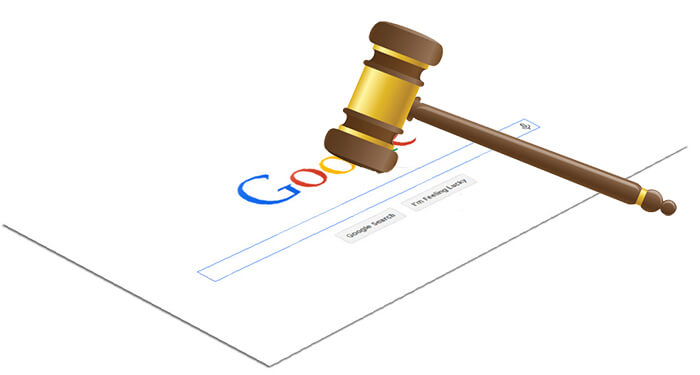How the Right to be Forgotten Ruling Affects Negative Online Reputations
A recent decision issued by the European Court of Human Justice, the European Union’s highest judicial body, decreed that Google must honor certain ‘right to be forgotten’ requests. Under this doctrine, irrelevant and outdated information about individuals will be removed from search engine results upon request. As the ruling applies only to indexed search results, potentially embarrassing personal information may still be accessed by determined researchers.
The landmark personal privacy decision was the result of a complaint filed by a Spanish citizen seeking to have 16 year-old information about a debt removed from the Google search results. As this is the highest EU court, Google has no right to appeal the verdict.
The ‘Right to be Forgotten’ Applies Only to European Union Members
While the decision is binding only upon members of the European Union community, it may eventually have far-reaching consequences if other countries follow its lead in balancing the right to privacy against the public’s right to know. The ruling is likely to have little, if any, impact in the United States, where the rights to free speech and freedom of the press are generally held inviolate.
Take the Ripoff Report, for example, one of the first consumer complaint and review websites. Even when published information is found be false and incorrect, Ripoff Report has consistently and adamantly refused to remove it, supported by numerous court decisions based on the US Constitution’s guarantees of free speech and freedom of the press.
How US Citizens and Businesses Can Combat Negative Online Information
It is clear that Europe’s ‘right to be forgotten’ decision offers little help to US citizens and companies with negative online reputation problems. This doesn’t mean that they have no means to counter negative comments if they’re willing to commit the time and resources required to build and maintain a solid online reputation.
- First and foremost, businesses need to realistically examine their conduct. Marketing shoddy, overpriced products and providing poor customer service practically invites negative online reviews. While the occasional dissatisfied customer can be expected with any business, you need to do everything you can to make sure that every customer experience with your company is positive and rewarding.
- Customer feedback should be welcomed and encouraged at every level of your organization. Every employee needs to understand how their paycheck is dependent on customer satisfaction. Customer complaints and criticisms need to be dealt with promptly and fairly. Especially in today’s world where online review sites seem to be springing up daily, you need to remember that your business is only one unhappy customer away from a bad reputation.
- Monitor your online reputation constantly. Respond to any negative reviews calmly and professionally. Reach out to any unhappy customers with an offer to personally review the situation. If you are able to ‘turn your customer around’ in their opinions, ask them to re-post a good review of how you resolved the situation for them.
- Collect as many positive reviews as you can, and aggressively market them on your company website and your social media channels.










